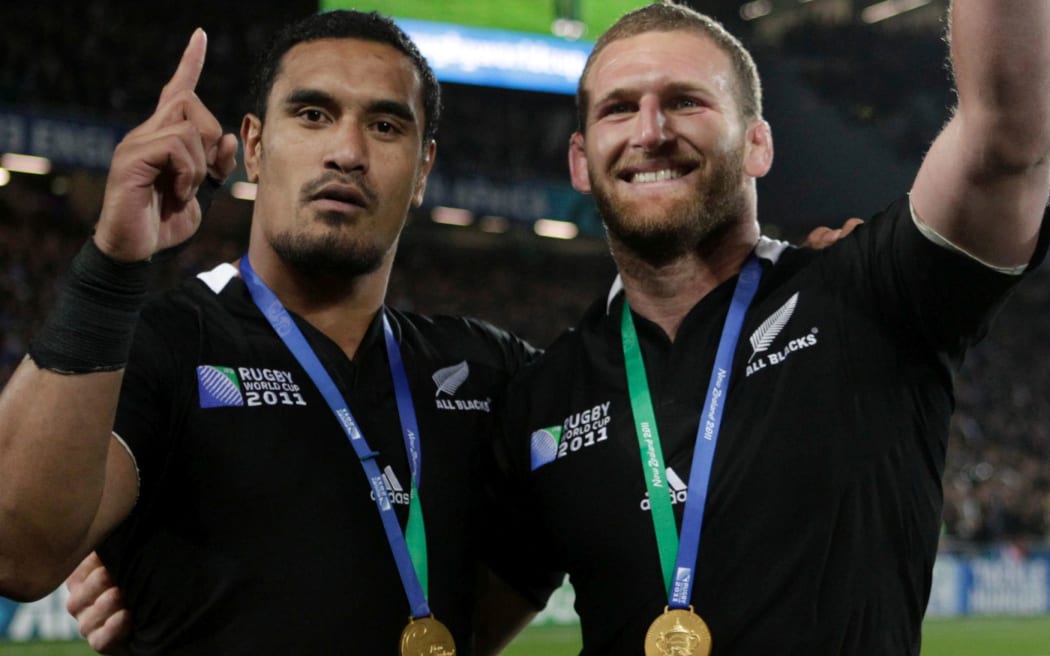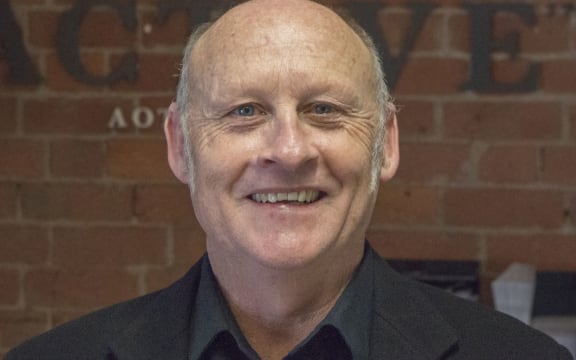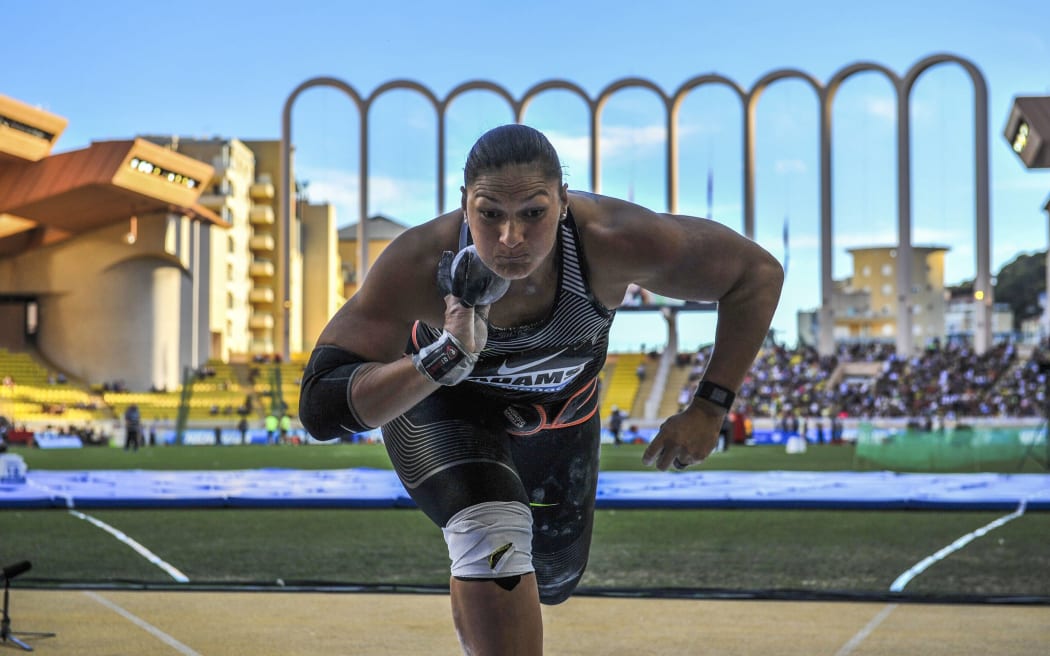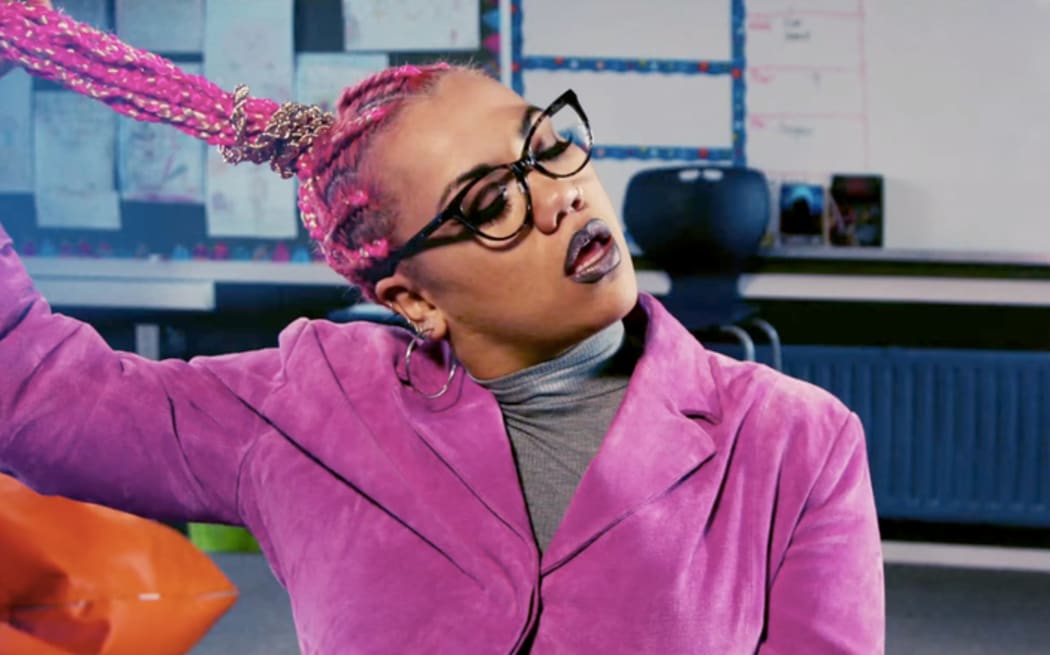Outspoken - New Zealand prides itself on its sporting prowess: it's seen as being part of our national identity. But that notion is being challenged by members of the sporting sector, with one describing it as a romantic myth.

Just how important to New Zealanders is it that this country keeps winning on the world stage? Photo: Photosport
New Zealanders succeeding on the international sporting stage fill many of us with pride, but it appears not as many of us value sport as much as we used to.
Grant Davidson is the chief executive of Skills Active Aotearoa, an industry training organisation for sport and recreation.
The belief that New Zealand is a sporting nation is not based in reality, he said.

Dr Grant Davidson Photo: Supplied
"This whole concept that New Zealand is a sporting nation is a romantic myth quite frankly. Our participation [rate] is dropping right off and we are actually becoming a nation of sports-watchers rather than a nation of sporting participants.
"We need to expand our view of what sport is, and this whole concept of sport being all inclusive is a complete wind-up," he said.
Dr Davidson said New Zealand considered itself a rugby nation, but rugby did not make the top 20 list of activities New Zealanders took part in.
"New Zealand is a walking nation, a swimming nation. [We're] swimming at the beaches and in the lakes. We're a gardening nation but Sport New Zealand decide gardening isn't a sport. Sport New Zealand is set up under the Sport and Recreation Act 2002, and the principle is about physical, recreational and sport secondly.
"Gardening, if it gets people's hearts going, should be considered a sport."
Barrie Gordon, a health and physical education lecturer at Victoria University of Wellington, believes sport is still significant in New Zealand - but not for all people.
"We need to challenge the idea that it's important for everyone, because for many people it's not only not particularly important, but is actually a negative. I talk to and listen to many a person who is into the arts or whatever who is actually quite negative towards sport. They feel that it's so overpowering that there is not space for them," Dr Gordon said.
Community Sport NZ general manager Geoff Barry agreed there needed to be a reassessment of the traditional definition of sport.
"What was relevant 15 or 20 years ago is still relevant to a certain group of New Zealanders, but if you go down to Frank Kitts Park in Wellington and have a conversation with the kids there who are doing skate there, identities are quite different to the historical identities."
Mr Barry said even though participation levels were dropping, New Zealand was still regarded internationally as an sporting nation.
"Yes, it is declining and our data over the last 14 years suggests there is about a 1 percent decrease annually, which is a real problem for New Zealand. But participation rates are still very, very high and so New Zealand is unique in the world in the context of valuing physical activity.
"The United Nations' own data suggests we are a physically active nation and I think that's part of our DNA."
Dr Davidson questioned how effective it was to spend $70 million a year on high-performance sport to inspire New Zealanders and get them involved in sport.
He said he did not see, for example, people taking up shot put, simply because of the success of Valerie Adams at the Olympics.

Valerie Adams Photo: PHOTOSPORT
"It's just not happening. That trickle-down effect works for some people at the top of the pyramid, but the rest of us aren't picking up a cannon ball and throwing it."
New Zealand enjoyed its biggest haul at an Olympics in Rio - 18 medals in total, including four gold - but they came at a price.
The government invested $70m annually in high-performance sport, and Mr Barry said there were plenty of questions being asked over whether they were getting an appropriate return on that investment.
"It's been accepted that winning is good, that is being challenged by lots of people, including government who are going, 'What is the measurable return of a young kid learning to rock climb versus watching [rower] Mahe [Drysdale] win another gold medal on the world stage?'
"Parris Goebel is motivating kids in South Auckland, particularly girls, to do their thing which is dance. Does Mahe inspire kids in Auckland to go and row?
"I might have a question around that. So how much is winning in the Olympics worth to inspiring New Zealanders not just to play [but] nationalism? And what's the value of winning?"
Getting an answer to that was still some way off. But what was clear was that an evolution was under way as to what New Zealanders believed constituted sport, and just what it meant to them.
Outspoken is a series in which RNZ's most experienced correspondents host debates on some of the top issues of the year - and the year ahead. Check back for new episodes this week here.

Parris Goebel Photo: Supplied


